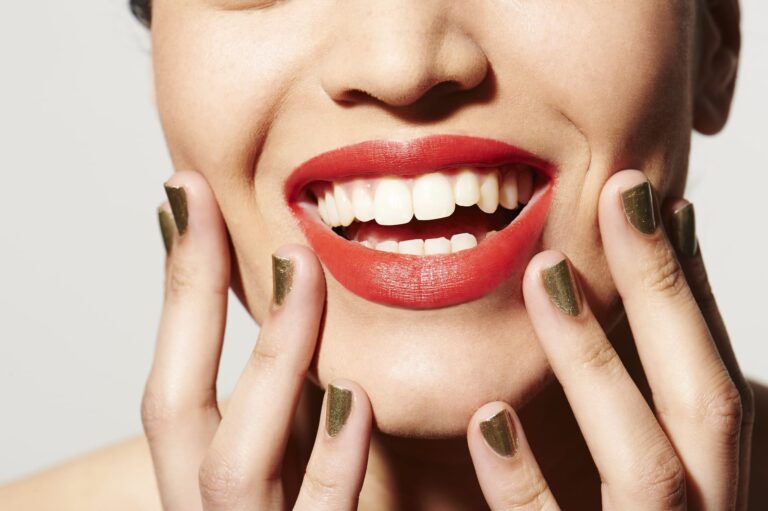Does hard water damage hair?
Dry, damaged hair in poor condition is not always the fault of poor diet, shampoo, health problems or other factors linked to our bodies. The causes of poor hair condition and lack of improvement despite the use of high-quality cosmetics also lie in water quality. It’s no myth! One of the reasons for poor hair condition can be the prolonged use of hard water!
The problem affects everyone in the same way. Sometimes, we buy shampoos made from natural ingredients, with a formula that’s going to help improve the condition of our hair, make it soft, unbreakable, improve the condition of our scalp, but it still doesn’t work. Of course, the reasons for this can be very varied and need to be examined closely from all angles. However, there is another cause that can be decisive in the list of causes: the quality of the water we use to wash our hair.
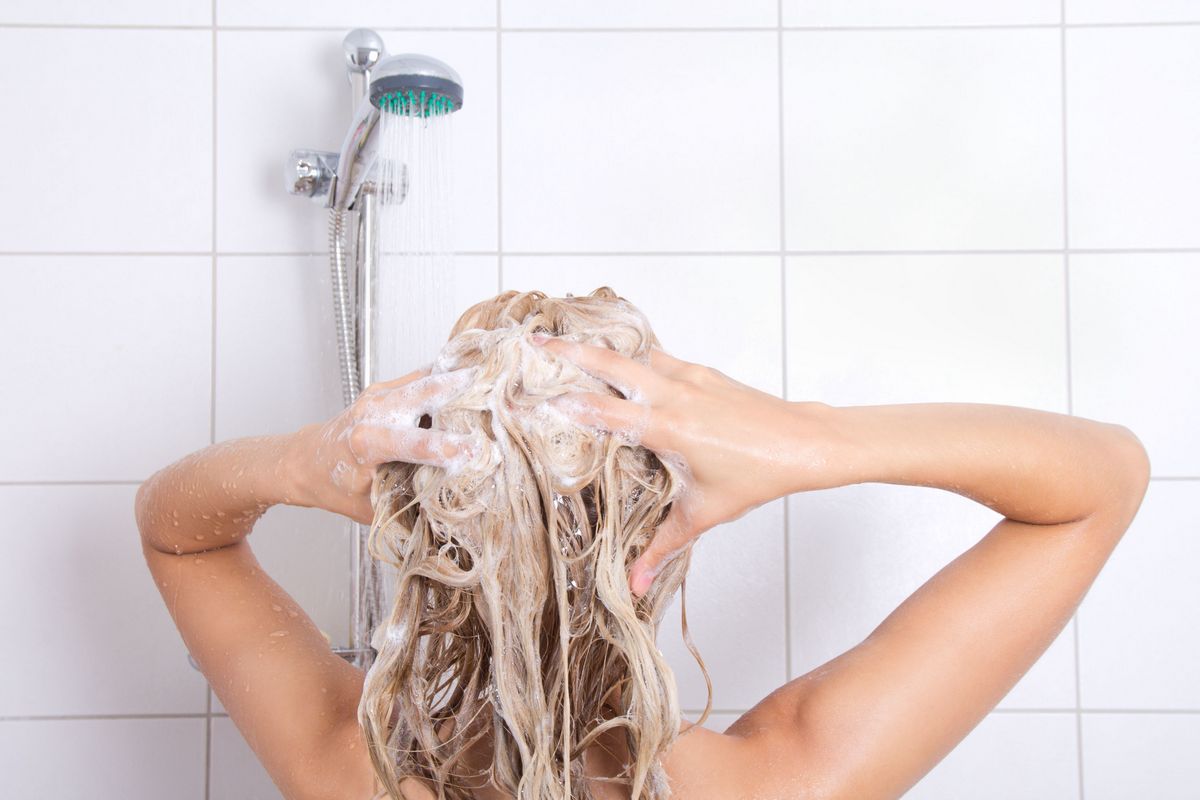
Hair problems
While, ideally, hair should always be in good condition, healthy and well cared for, reality unfortunately shows that this is not always possible and that it is sometimes very difficult to keep hair and scalp in good condition. Many people have problems with hair loss, which can be considered a really stressful problem, scalp problems such as dandruff, as well as dry hair, dull hair, frizz and breakage.
Of course, the reasons for this phenomenon are very varied and depend on the organism. Sometimes it has to do with the choice of vitamins and nutrients, but stress, climatic conditions, illness and many other factors also have an impact. Among all these reasons, water and its quality should also be taken into account, and often we simply forget about it.
Sometimes, even when we use expensive cosmetics, the result still leaves something to be desired. We forget that shampoo is not just about shampoos, conditioners and hair masks, but also about water. One of the problems that most affects hair is high water hardness. The harder the water, the more problems it can cause, especially if used regularly.
Why does hard water affect hair?
The more ions, calcium and magnesium there are in water, the greater the surface tension. This means hair is very difficult to wet, and cosmetics won’t dissolve or rinse out completely. This can leave shampoo and conditioner in the hair, leading to numerous problems concerning the condition of the hair and scalp.
Scalp and hard water
Here’s a reminder of what happens to soap when you use hard water. First of all, its high surface tension makes it less able to dissolve, which means you have to use more of it to get the desired effect. The same applies to hair shampoos. Not only do we use more of it, but it also weighs down the hair and stays on the scalp.
Also read: how do I choose a flat iron for my hair?
It is often impossible to rinse off. It forms a thin film on the skin and also dries out the scalp. This can lead to dandruff, redness and itching of the scalp. It’s particularly important to take care of the scalp if you suffer from sensitive skin, allergic problems or various other conditions such as eczema.
Hair loss and hard water
Many experts link hard water to hair loss. Any inflammation of the scalp can lead to hair loss. This loss is uniform, covering the entire surface of the head. Hard water irritates the sebaceous glands. This leads to an oily scalp. As a result, hair follicles become clogged, hair becomes more fragile, brittle and falls out.
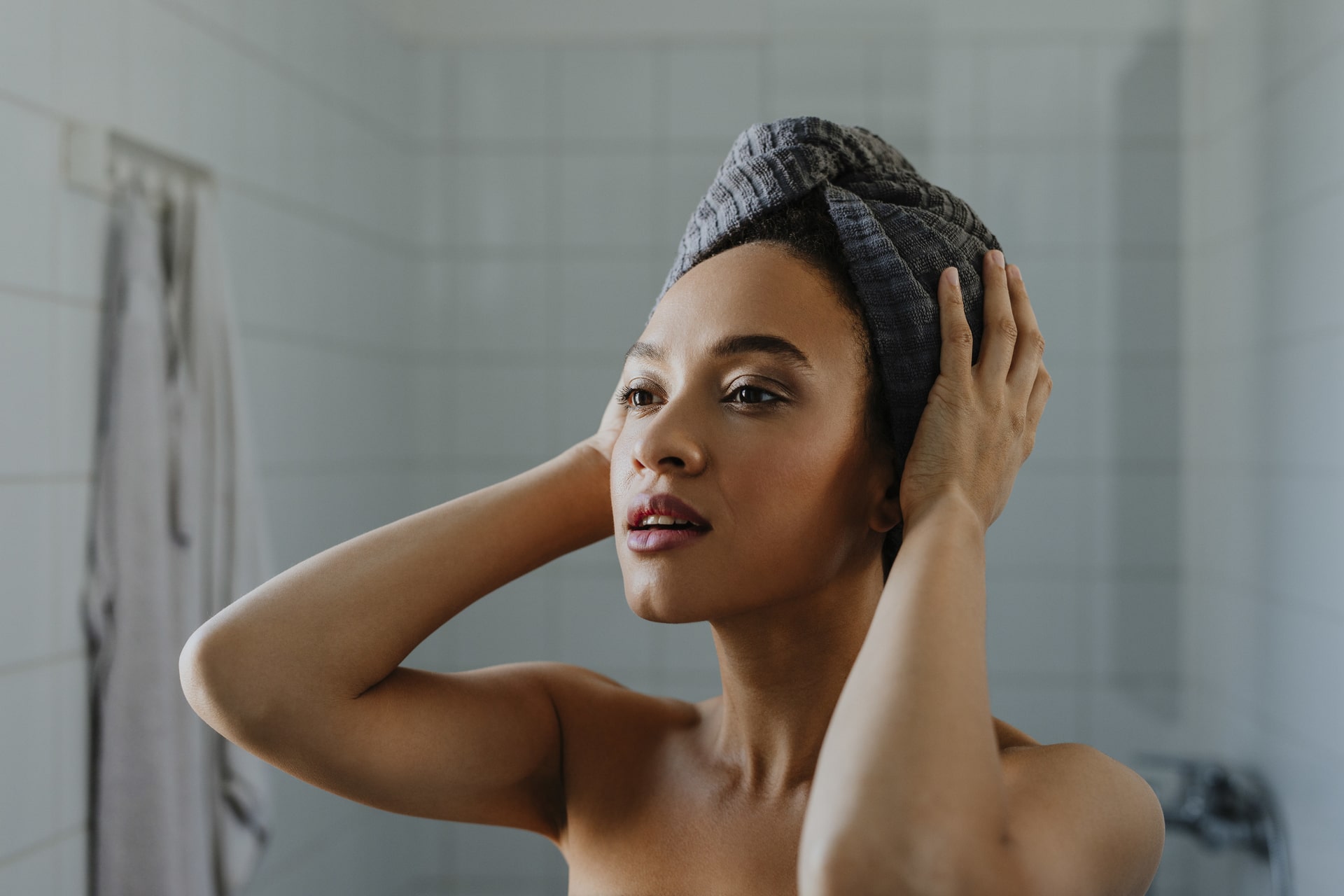
Hard water and improper rinsing of cosmetics
Hair cuticles are shaped like tiles, overlapping one another. Hard water and improper rinsing of cosmetics leave hair cuticles open. This dries out the hair, making it frizzy and static, and if you have curly hair, curls or waves are unlikely to be beautiful. Hard water makes hair look damaged. Hair can become stiff and less manageable. Chemically damaged hair that has been bleached or colored has a much higher cationic bonding capacity than natural hair. Such hair is much more sensitive to the effects of prolonged and regular use of hard water.
You can feel the difference!
The effect of hard water on your hair can be quite noticeable, especially when you’re on the move. Many people mention that they have problems with their hair on a daily basis, but notice the difference when they go on vacation and stay in a hotel, for example.
Some hotel guests report that the simple act of washing their hair makes it look better, shinier, more manageable and simply healthier. This may be due to the fact that the water circulating in your home is hard, whereas most hotels in Canada install water softeners to improve the quality of their services and offer their guests greater comfort.
How can I tell if the water in my home is hard?
You can easily tell if your water is hard. Just look to see whether or not sediment remains inside your kettle. If there’s a lot of sediment, your water is hard. The famous white spots or small white layers on the sides in the bottom of the kettle are an indicator.
An easy test: add three cups of water with 100 ml of white vinegar to your kettle and boil. Rinse well, your kettle is now clean. Now, still using your kettle, boil a good quantity of city water 4 to 5 times, drain and check whether the bottom has turned white again. If so, your water is nice and hard. The closer you live to water treatment plants and/or pumps, the more likely you are to have hard water at home. You can also get information on your city’s website to check rates.
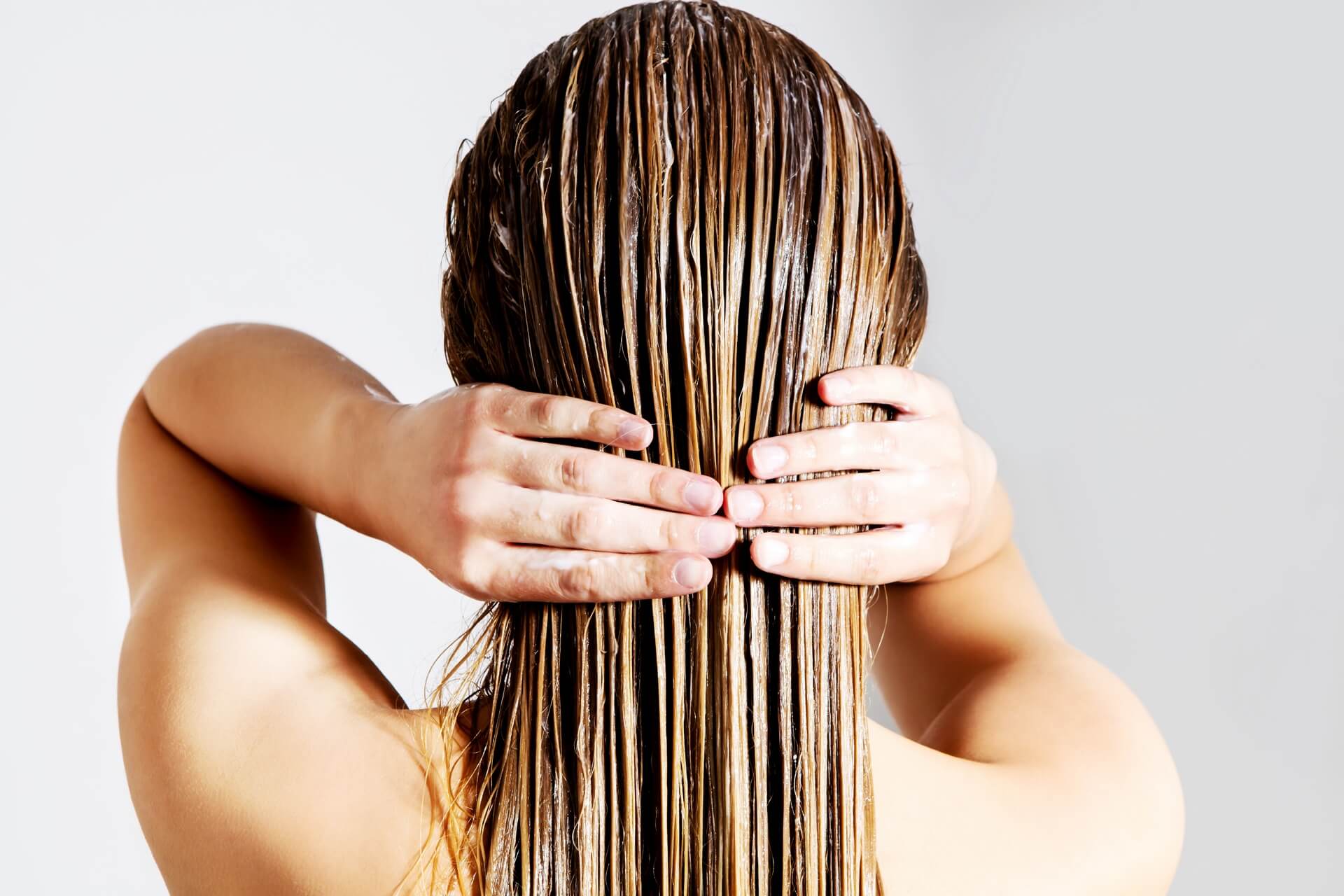
How can I reduce the effects of hard water on my hair?
There are many ways to reduce the effects of hard water on hair. Rinses have been used for generations. They are made from vinegar or lemon juice. Add four tablespoons of wine vinegar, apple cider vinegar or freshly squeezed lemon juice to two liters of water. This will thoroughly rinse away cosmetic residues and prevent the negative effects of hard water. We recommend using water with a low mineral content to wash your hair. Demineralized water, rainwater, reverse osmosis water or water softeners work well.
The last option, in particular, seems to be a very good solution, as it will benefit the whole household. Water softeners work on the principle of ion exchange and treat water throughout the home. Soft water means savings, no malfunctioning of household appliances, no build-up of limescale, no tedious and difficult cleaning, and very good skin and hair condition.
Chlorine and its derivatives in water can also contribute to the unfavorable condition of skin and hair. To avoid this problem, we recommend using a combination of a water softener and a carbon column, or a compact water softener with activated carbon.
Perfect hair with soft water
The condition of your hair and the effects after washing can largely dictate the quality of your water. Soft water is capable of delivering excellent results. It’s worth remembering that, in addition to keeping your hair in good condition, water can bring many other benefits to your entire household.
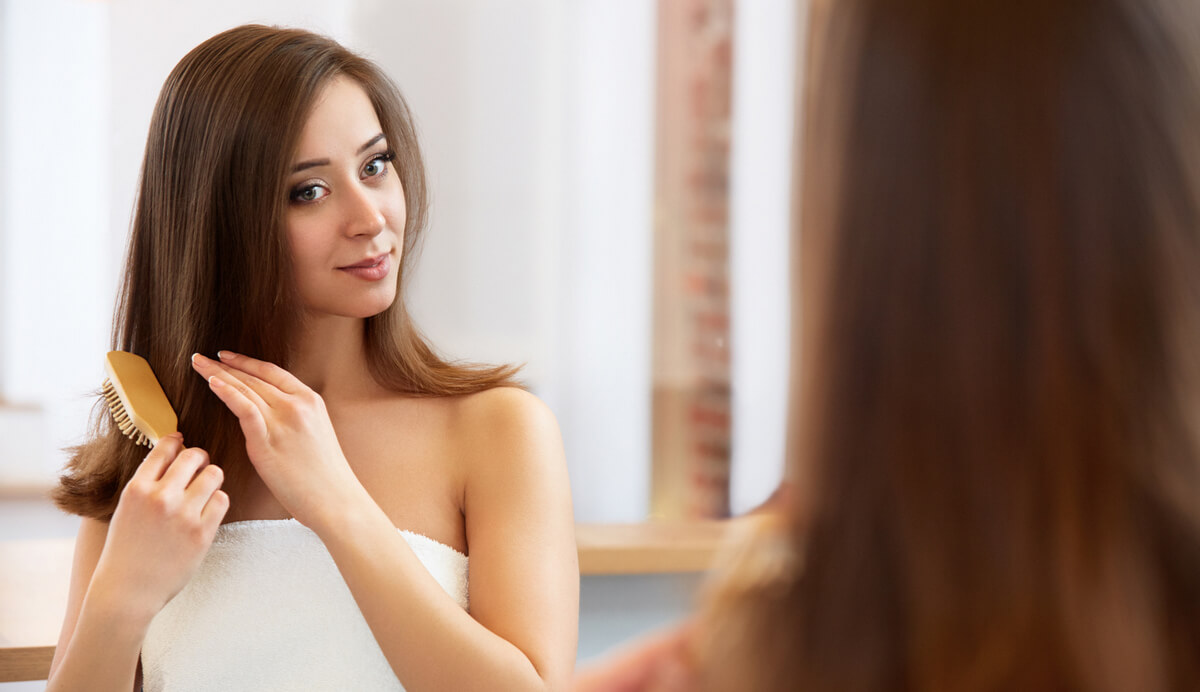
How to choose the right water softener?
Lots of different water softener models to choose from? It’s best to start by checking out some important information. First of all, you need to pay attention to the size of your water softener. The number of liters in the softening bed translates into the unit’s efficiency. For example, if we choose a 12-liter water softener for a family of 5, it simply won’t be cost-effective. The bed will wear out quickly, and frequent regeneration will be necessary.
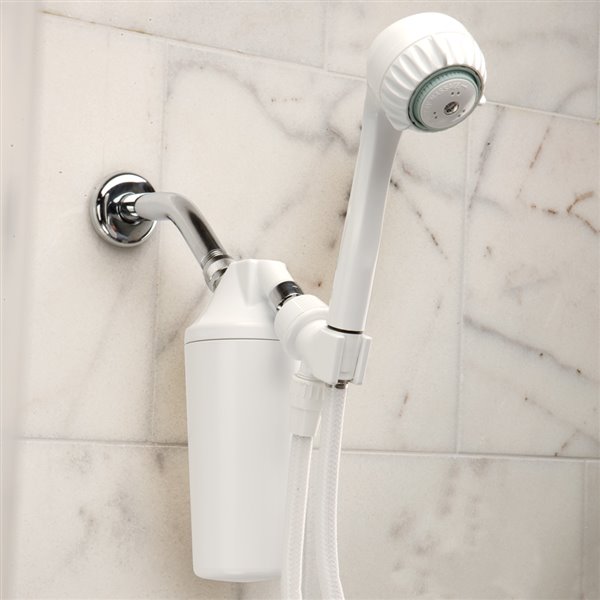
If there’s no room for a water softener in your home
Sometimes at home, and even more so in a condominium, there isn’t the space to install a water softener. In this case, you can try other methods. First of all, in the bathroom, you can install a shower filter.
It’s also worthwhile reducing the hardness of your water a little by using a filter softener. These solutions are generally not as effective as a water softener, but they can at least partially minimize the problem for your hair.
Water filtration jug
This is one of the most popular methods of home water filtration. Filter cartridges generally contain activated carbon and ion-exchange resin. This mixture reduces chlorine and its by-products, substances that affect the taste and smell of water. Heavy metals are eliminated from the water and the degree of hardness is reduced. The disadvantage of this solution is the short contact time between the water and the filter, and therefore the potentially somewhat poorer effects compared to other methods.
Is it worth buying a water filtration pitcher for your hair? Yes, if you’ve detected that your water is hard and you’re not in a position to make a permanent installation in your bathroom. You’d be amazed at how many women these days wash their hair in the kitchen sink with filtered and/or spring water.
What exactly causes hard water?
Hard water causes many problems in various areas of life, and the more we use it, the greater they become. First of all, it’s a heavy burden on domestic plumbing and heating boilers. Hard water can cause heat loss of up to 20%. What’s more, it is capable of causing breakdowns fairly quickly, faster corrosion, and drops in flow and efficiency. It can also cause problems with washing machines and other household appliances that use water.
Hard water also means visible deposits. This means more frequent cleaning and the use of powerful detergents to achieve good results. This hurts both our wallets and the planet. What’s more, a lot of time and energy is wasted scrubbing during the week, sometimes with rather mediocre results.
A high degree of water hardness also leads to deterioration in the condition of skin and hair. In addition, it creates an unsightly appearance in many foods and beverages. In short, hard water is synonymous with many technical problems that nobody wants.
Also read: lice on artificial eyelash extensions
What is the hardness of drinking water?
Under natural conditions, the two elements responsible for hardness (calcium and magnesium) can be found in a very wide range of concentrations. They range from 50 to even 1000 CaCO3/l. In most mineral waters, the concentration of calcium will be higher than that of magnesium.
According to scientists, the most beneficial concentration of calcium in water should be no less than 30, but no more than 80 mg/l. The amount of magnesium, meanwhile, depends on the quantity of sulfate ions it contains. The optimum range is between 30 and 125 mg Mg/l.
Where does hard water come from?
To fully understand the phenomenon of water hardness, it’s best to start at the very beginning, with general mineralization. This is a particularly important parameter in the assessment of groundwater and surface water. It is defined as the quantity of dissolved salts. Its measurement is generally the quantity of dry residue, which also includes suspended solids and bicarbonates. Overall water mineralization increases with depth, but the absolute depth of mineralized water and the thickness of strata varies considerably.
Did you know that there was a time when water hardness was considered its ability to consume soap without producing lather? A number of components are responsible for the fact that soap doesn’t always want to lather quickly in water, including calcium, magnesium, iron, manganese, zinc and hydrogen cations. In natural waters, magnesium and calcium ions generally predominate. Over time, the total quantity of these substances has been adopted as the best measure of water hardness.




